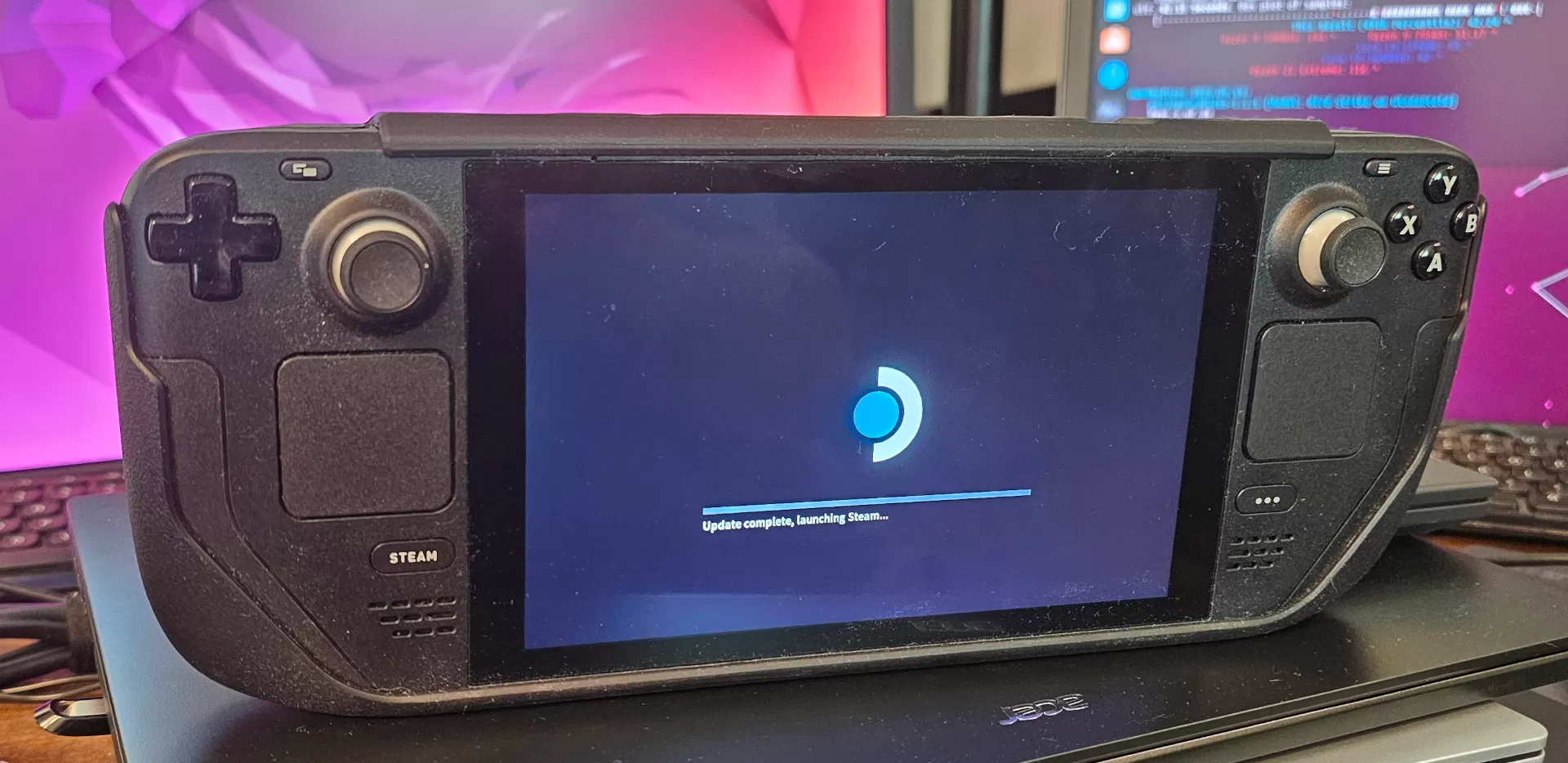

FlyDigi Vader 4 Pro now working for me. A few things that are needed:
- Controller must be in PC/Dinput mode, blue led (hold O + A to switch)
- Don’t enable the built in gyro mode in the Windows app as it might cause problems
- Udev rule:
KERNEL=="hidraw*", ATTRS{idVendor}=="04b4", ATTRS{idProduct}=="2412", MODE="0666"
(get the idVendor and idProduct from lsusb if you have a different controller)
- Some (patched) versions of xpad/xpadneo might conflict with it. If you’re using the stock versions it should be okay.
- Your user might need to be in the
inputgroup.
One last thing that may or may not be needed is that I installed the SpaceStation app on Windows to test some things. It started working after that but I can’t recall if I force reloaded the udev rule so it might have just been the reboot that fixed it.
Anyway, now I have gyro + all extra buttons working with Steam Input.
See here for further discussion: https://github.com/paroj/xpad/pull/268


















Signal has been a good option because you can get “normal” people to use it, which hasn’t been true for many of the alternatives (except Telegram, but that’s a mess).